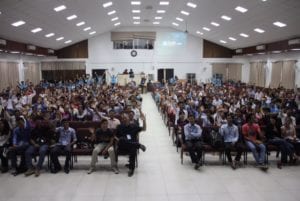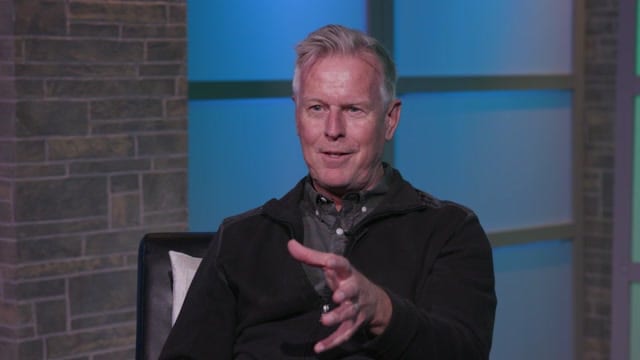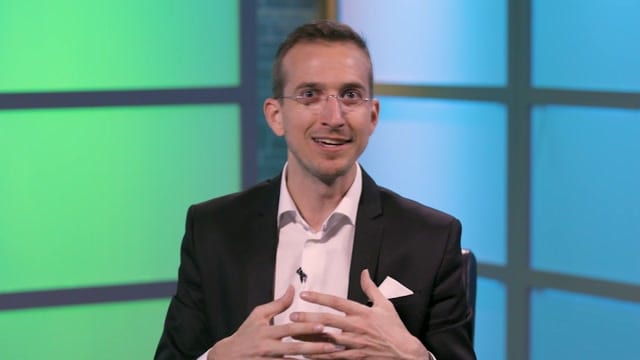
Since 2015, The Global Leadership Summit and Prison Fellowship have partnered to broadcast the Summit to incarcerated men and women who receive the tools they need to become effective leaders. In 2015, The Summit welcomed 1,500 prisoners in 11 U.S prisons. In 2018, the Summit was live-streamed to incarcerated men and women at more than 60 prisons.
Leadership matters—even in prison.
We received this letter from a man incarcerated at JHCC in Lexington, Oklahoma sharing his hope for a grander vision for his life.
Dear Leadership Summit,
I’m an inmate at JHCC in Lexington, Oklahoma, and I’ve just completed my third year of attending the GLS in this facility. Thank you so very much for offering this to so many around the world.
We work every minute of every day to be better than our past, better than our circumstances.
I want to share my story with you.
In October 1991, I was a graduate student at Oklahoma State University in Stillwater, studying promotional marketing. I was a disabled veteran, attending school on vocational rehabilitation, with a beautiful wife (also a full time student) and three sons, ages 2, 5, and 7. My goal was to earn my PhD and teach marketing strategy for OSU College of Business. However, things did not go as planned.
Out of a desire to study, work, keep up with family needs and yes, out of outright stupidity, I was abusing steroids to increase and enhance my training. I had been a martial arts instructor until spinal surgery in 1986 forced my semi-retirement. On Wednesday, October 2, 1991, an argument went tragically and I took a life. But that wasn’t the end of my dream.
Fast forward to now. Thanks to the support of my children, parents, facility staff and countless others, I have been teaching classes for the past five years in legal research, paralegal studies and entrepreneurial business applications. No, my students are not OSU co-eds. My students are inmates who, like me, see a grander vision. We do not see prison as an end all to our lives. We work every minute of every day to be better than our past, better than our circumstances.
We strive to transform ourselves, to be better, to realize that grander vision for ourselves, for our loved ones and for society.
Rehabilitation is returning to what or where you were, something we do not want because whom we were, got us here. We strive to transform ourselves, to be better, to realize that grander vision for ourselves, for our loved ones and for society.
Thank you for taking the time to read this, and for everything Willow offers the world.
Sincerely,
Bill

















Recent Comments